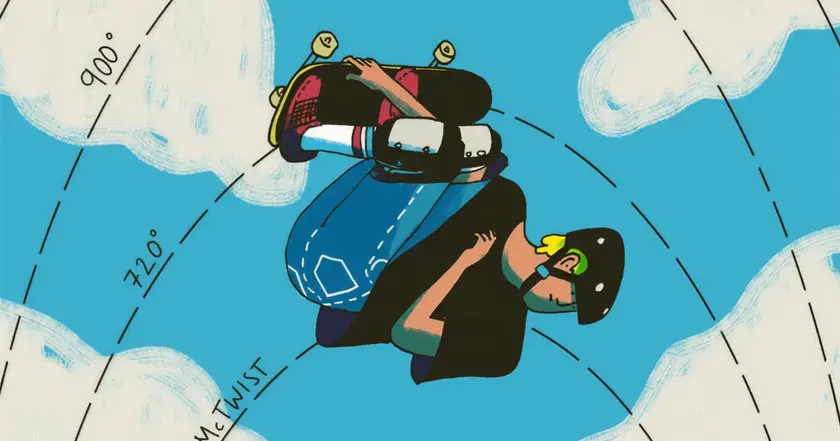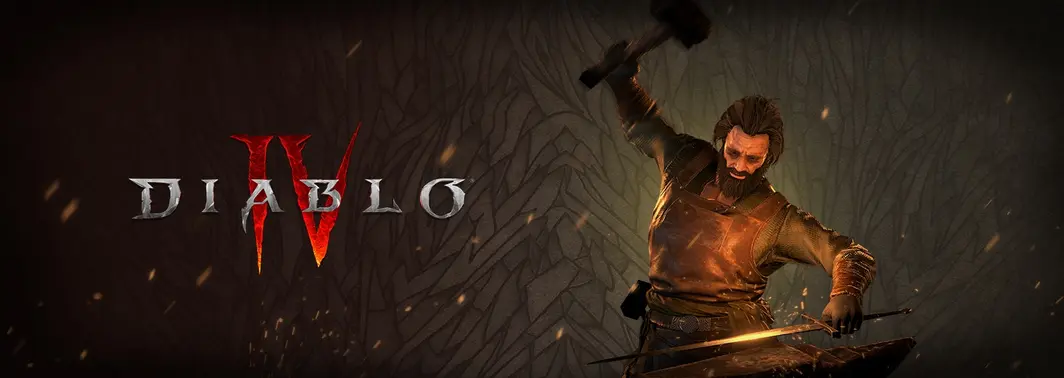T4K3.news
Mimicry speeds skill growth
A look at how imitation helps learning and performance across sports, games and daily tasks.

An editorial take on Cate Hall's exploration of mimicry as a fast path to skill.
Mimicry speeds skill growth
An editorial look at Cate Hall's exploration of how imitation can accelerate skill. The piece argues humans are mimicry machines; learning often happens by watching and copying those who do things well. It cites Tim Gallwey's tennis coaching experiments, where asking students to imitate a perfect swing yielded better results than breaking the move into steps. The author notes that adults often skip pure observation and rely on explicit reasoning, which can slow bodily mastery.
The article extends the idea to games and daily life, such as beginner chess, a confident driver who learned on the fly, and the notion that excellence can rise beyond current leaders when a standard is set high enough. It argues that the gap between where you are and where you could be is often bridged by borrowing form and attitude, not just knowledge.
Key Takeaways
"The improvement came not from explicit reasoning, but from letting a deeper, more intuitive system take over"
Tim Gallwey’s tennis coaching anecdotes show intuitive learning at work
"Beginners are often neurotic, alternating between I better not fuck this up and I’m going to fuck this up"
Author on beginner mindset and performance anxiety
"Pretending I was that woman allowed me to skip all of that, until I eventually became enough like her that I could stop relying on it"
Anecdote about using a model to bypass nerves
"What would Jesus do?"
A simple prompt used to illustrate quick, moral reasoning
The piece reframes how we learn. It treats imitation as a practical tool, not a gimmick, showing how the body adapts faster when guided to emulate a higher standard rather than dissecting every move. It highlights a shift from explicit rules to embodied intuition and suggests a simple habit can unlock faster progress.
It also urges readers to balance imitation with feedback and self-critique. While the mimicry approach can push performance, it risks masking personal style or ignoring critical thinking if used without context. The editorial points to a broader trend: people seek quicker paths to mastery in a world that rewards rapid, tangible gains and constant adaptation.
Highlights
- The improvement came not from explicit reasoning but from letting a deeper, more intuitive system take over
- Beginners are often neurotic alternating between I better not fuck this up and I’m going to fuck this up
- Pretending I was that woman allowed me to skip all of that until I eventually became enough like her
- What would Jesus do?
Learning is a mix of copying rhythm and shaping your own path.
Enjoyed this? Let your friends know!
Related News

Executives urge Senate to invest in AI infrastructure

Business leaders struggle with AI tool selection

Insights on OpenAI's culture from former engineer

Broncos Practice Update

Day 10 of Broncos Camp Ends with Key Performances

Diablo IV 2.4.0 PTR Preview

NASA Studies Risks of Human Pregnancy in Space

AI reshapes entry level hiring in tech
